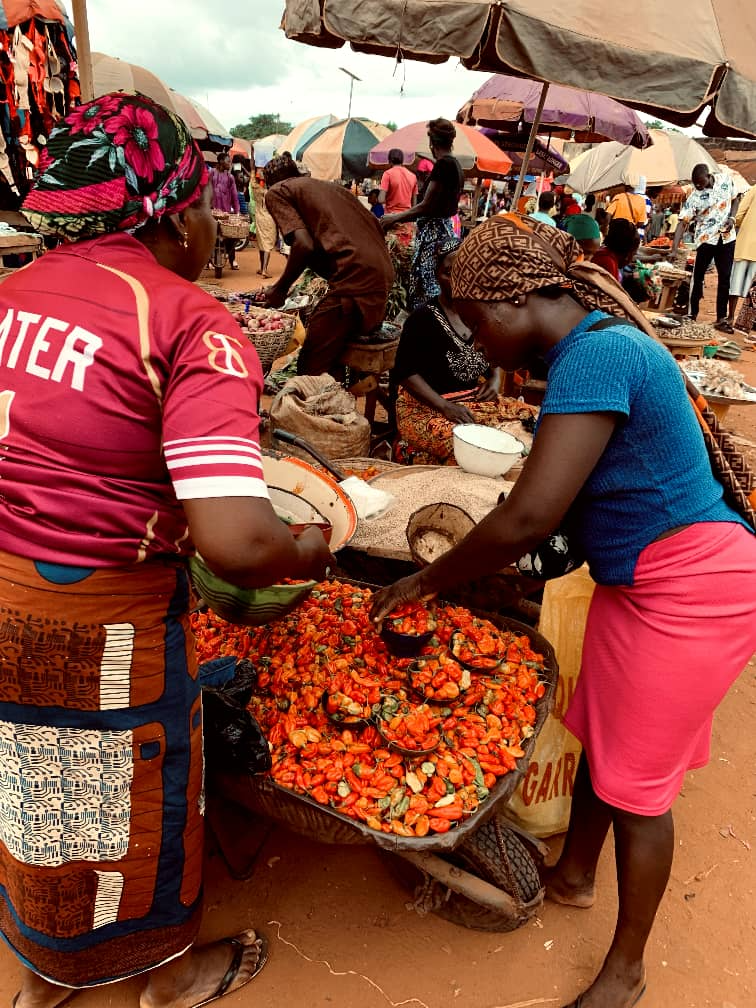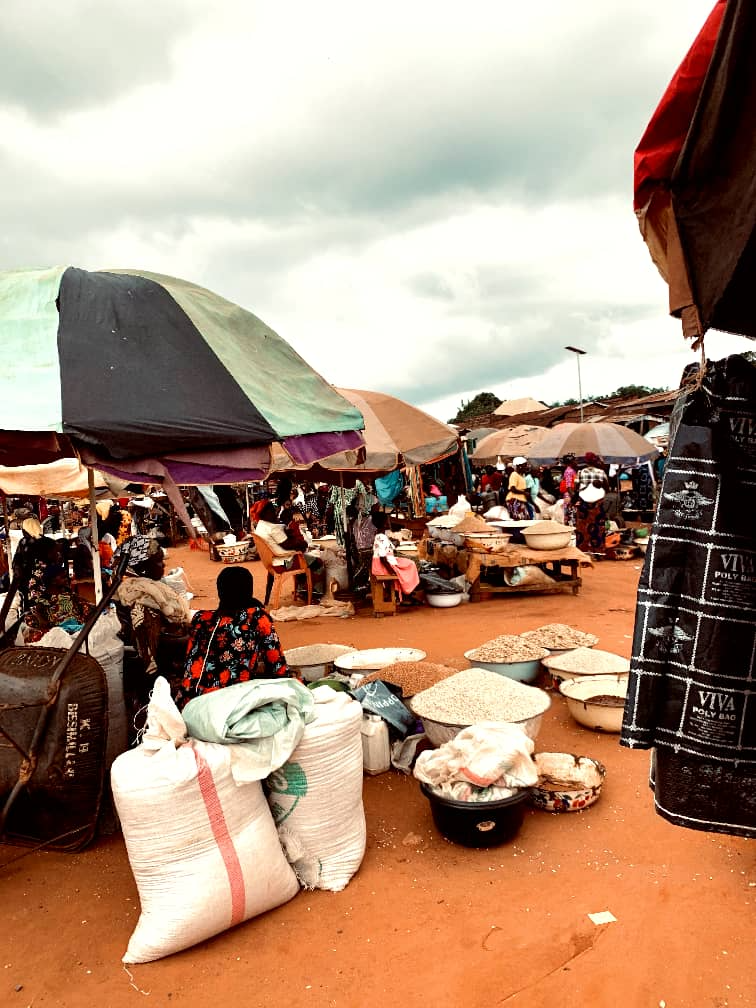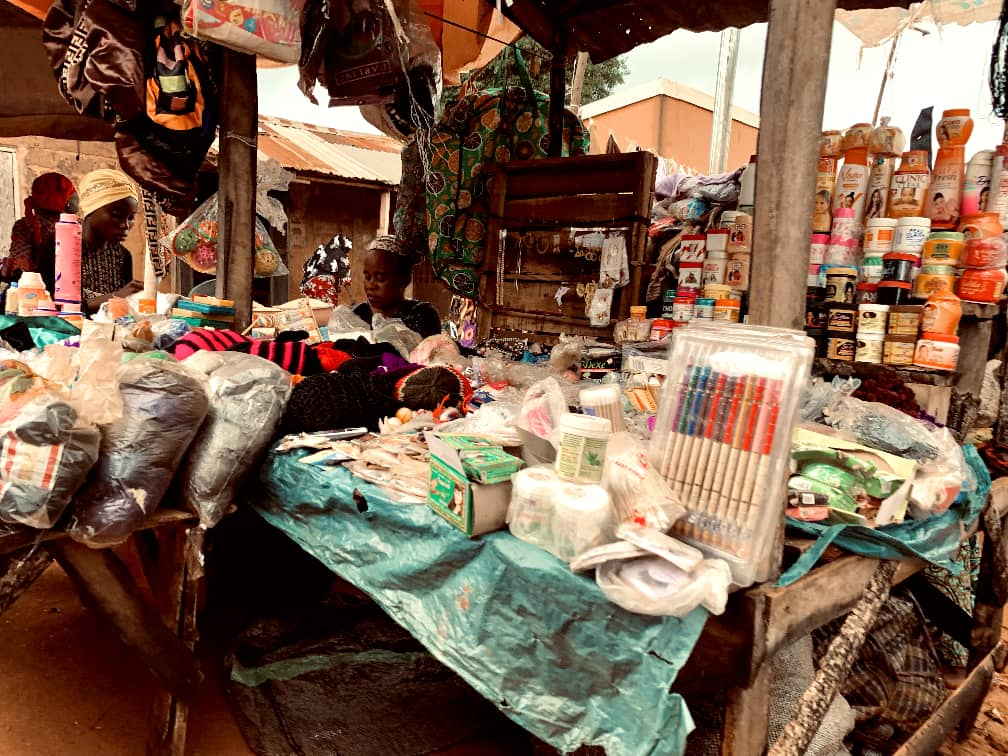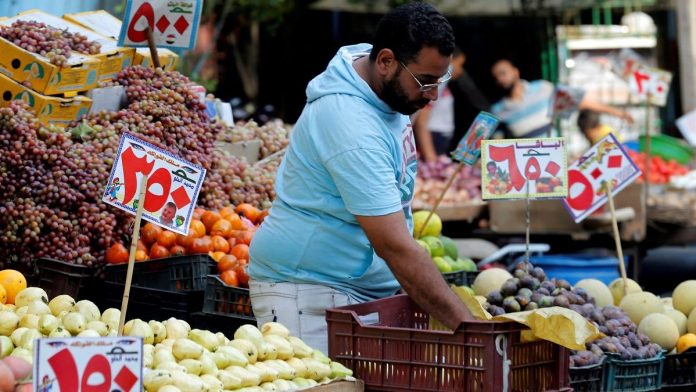As of October 2024, Egypt’s inflation rate reached 26.5%, continuing an upward trend that has left the country’s central bank struggling to maintain its target inflation range of 5-9%. This marks the highest inflation rate since June 2024 and is attributed to a series of factors including a sharp hike in fuel prices (10-15%) in late July, followed by significant increases in metro ticket and electricity prices, which soared by 25-33% and 21-31%, respectively.
The month of October saw a modest slowdown in the monthly inflation rate to 1.1%, down from 2.1% in September, but annual inflation continued to climb, exacerbating the economic challenges faced by Egyptians.
A major contributor to the soaring inflation has been the rising costs in essential goods. Food and beverages, crucial to Egyptian households, surged by 26.9% year-over-year, with meat prices rising dramatically by 36.7%.
Dairy products, eggs, and grains followed suit with significant price hikes. The cost of energy, housing maintenance, healthcare, clothing, and services has also surged, with notable increases in energy prices (7.2%) and healthcare costs (3.5%).
This economic pressure has prompted the Egyptian government to consider a series of measures to curb the impact of inflation. In a recent statement, Prime Minister Mostafa Madbouly assured citizens that tax increases were off the table, but he highlighted the administration’s commitment to economic reforms.
His government is exploring tax incentives aimed at attracting investments, alongside enhanced social protection for vulnerable populations. However, the road ahead remains uptight with difficulty as inflation continues to impact nearly all sectors of the economy.
A Parallel Struggle: Nigeria’s Inflation Crisis

The situation in Egypt mirrors that of Nigeria, where inflation has also reached concerning levels. Nigeria’s inflation rate, hovering around 34%, has been fueled by a combination of factors that include rising fuel prices and currency devaluation. Similar to Egypt, Nigeria’s inflation is having a profound effect on the cost of living, particularly in urban centers where food and transportation costs are the most pronounced.
Both countries share similar challenges: a dependence on imported goods, fluctuating exchange rates, and global economic pressures. However, while Egypt is wrestling with direct price hikes due to government-imposed tariff increases and fuel price adjustments, Nigeria’s inflation is largely exacerbated by currency devaluation and trade imbalances. The impact is most felt by low-income earners, with food insecurity rising in both nations.

In response, the Nigerian government has employed measures such as fuel subsidies and efforts to stabilize the Naira, but inflation remains a persistent issue. Despite these attempts, Nigeria’s Central Bank faces similar hurdles in curbing the impact of rising prices. Like Egypt, the Nigerian government has also sought to implement social safety nets, though the efficacy of these policies remains to be fully seen.
Faith In Reforms: Can Both Economies Weather The Storm?
For both Egypt and Nigeria, the path to economic recovery appears tied to the implementation of robust reforms. Egypt’s focus on attracting investment through tax incentives and improving social protection reflects an effort to balance economic growth with the immediate needs of its citizens. Nigeria’s strategy, while similar in some respects, has emphasized currency management and trade balance adjustments.
Both nations have turned to their central banks and governments for solutions, but the question remains: how long will it take for inflation to stabilise? Will reforms be enough to restore trust in the financial systems, or will the public continue to feel the effects of price surges?

In the face of growing inflation, both Egyptians and Nigerians maintain a strong sense of resilience, underpinned by faith in their governments’ promises for economic recovery. However, the ongoing economic uncertainty serves as a constant reminder of the fragile balance between political promises and the reality of economic stabilization.
As these two nations continue to navigate their inflation crises, the global community will be watching closely, offering support and learning from the strategies employed by Egypt and Nigeria in their ongoing battle with inflation.













